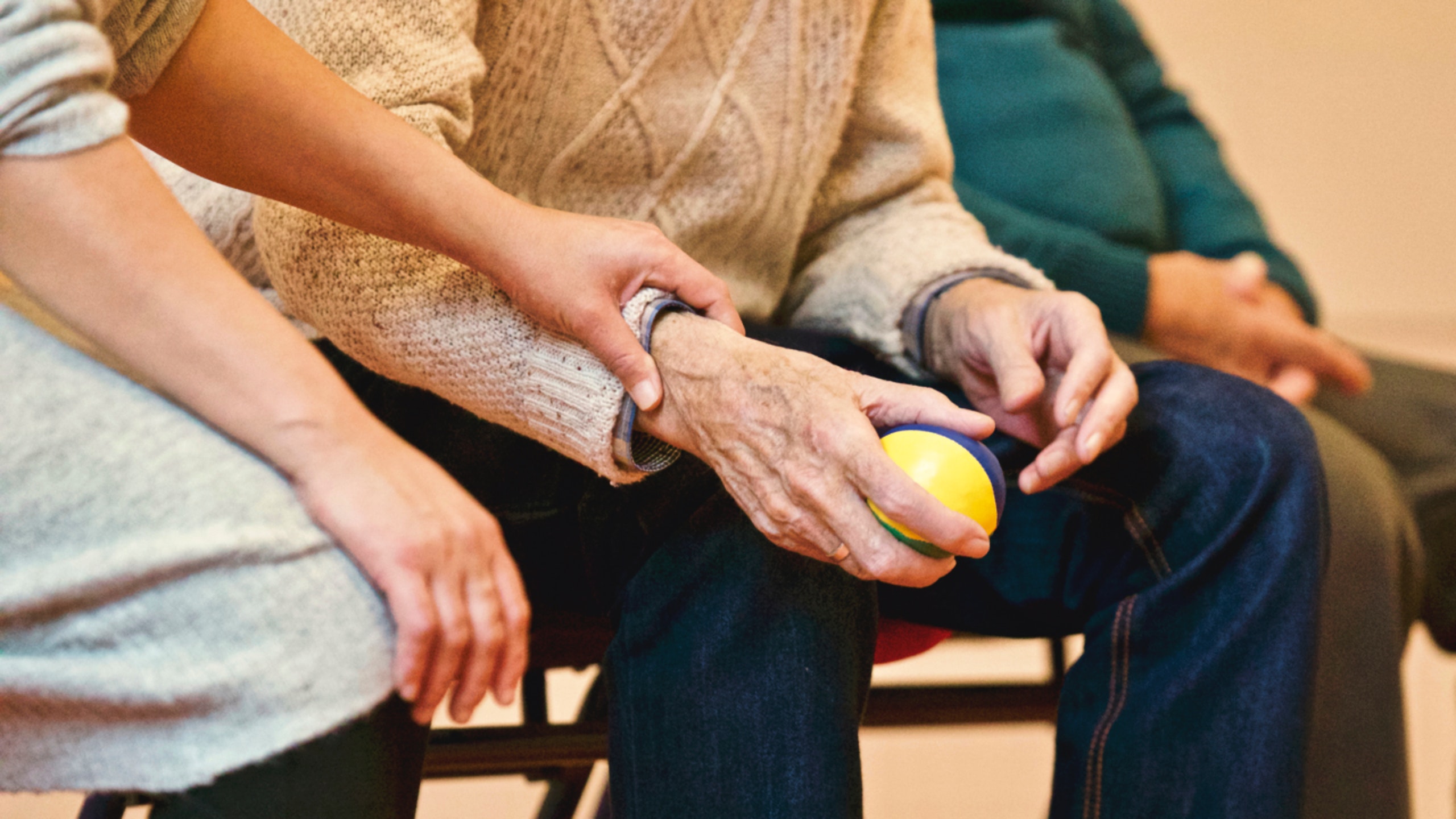Caregiving can be an incredibly rewarding, and even enjoyable task. With that said, many caregivers can experience health problems as they too often put their patient’s health before their own to provide the best quality of care. While this is admirable, it can be dangerous. It is important to make sure that not only is your loved one cared and provided for but that your health isn’t suffering as well.
Caregiver stress is one of the most difficult problems that those caring for an aging loved one can deal with. It can lead to a number of problematic symptoms associated with physical, emotional, and mental health. Some of the common signs and symptoms of caregiver stress includes feeling overwhelmed, isolated, headaches, body aches, sadness, changes in weight, and more.
Another common problem that caregivers face that can be caused by the symptoms associated with caregiver stress is depression.
Caregiver Depression
Caregiver depression is one of the causes of the symptoms that are caused by caregiver stress. Caregiving is a physically and emotionally demanding task. During this task, caregivers will often prioritize their loved one’s health over their own health. But, this can lead to many problematic situations and scenarios in which the caregiver is putting their loved one at risk because of their inability to care for themselves.
Putting your loved one’s needs before your own, while admirable, can lead to feelings of sadness, anger, loneliness, guilt, and isolation. All of these symptoms can lead to caregiver depression.
Everybody has bad days every once in a while, this is not what depression is despite what some people think. Depression is a persistent feeling of sadness or loss of interest. During a moment of depression, caregivers will deal with a number of different symptoms the occur most of the day, nearly every day.
Some of the common symptoms associated with depression include:
- Sadness, emptiness, or hopelessness
- Anger
- Loss of interest or pleasure in hobbies and activities
- Sleep problems
- Changes in appetite
- Anxiety
- Delayed thinking
Unfortunately, depression can become more severe and even life-threatening as it may lead to thoughts of death, suicidal ideation, and suicide attempts.
Prevention
Many caregivers can experience bouts of stress, isolation, and depression, however, there are a number of things that you can do to improve your situation and prevent these problems from taking over your life or even occurring in the first place.
Get Help — You need to be the person to reach out to get the help that you need. And it is important not to wait too long to do this. You don’t want to wait until you are already struggling with stress symptoms before you reach out for help for caring for a loved one. If you can, you may want to reach out to family members or close friends to help plan and provide care. It is also possible to seek out respite care services and a support group. Reaching out to these types of forms of support can help to keep you from feeling isolated or depressed.
Socialize — As many know, caregiving takes up a lot of personal time and can cut into time that you use to socialize and spend with others. Keeping relationships with loved ones and friends can help give you strength and hope to deal with some of the symptoms associated with caregiver stress.
Take Personal Time — Participating in activities that you enjoy can help you relax and have fun. Taking advantage of respite care can give you the opportunity to make time for yourself. Activities like going to the movies, to a sports game, and more can all help to improve mood and mental health. Regular physical activity and meditation can go a long way toward dealing with stress as well. You also don’t need to always take time off to get some personal time, reading a book or listening to music before bed are both great ways to help you calm down and recharge before the next day.
However, you choose to deal with caregiver stress symptoms, it is just important that you prioritize your own health to make sure that you are providing the proper care for your loved one.


